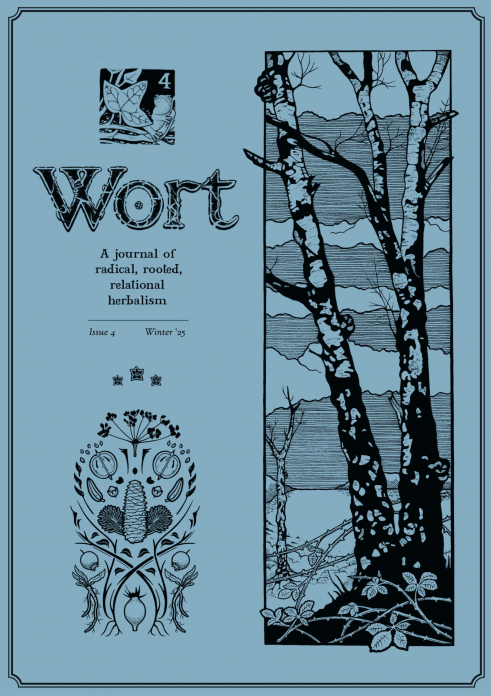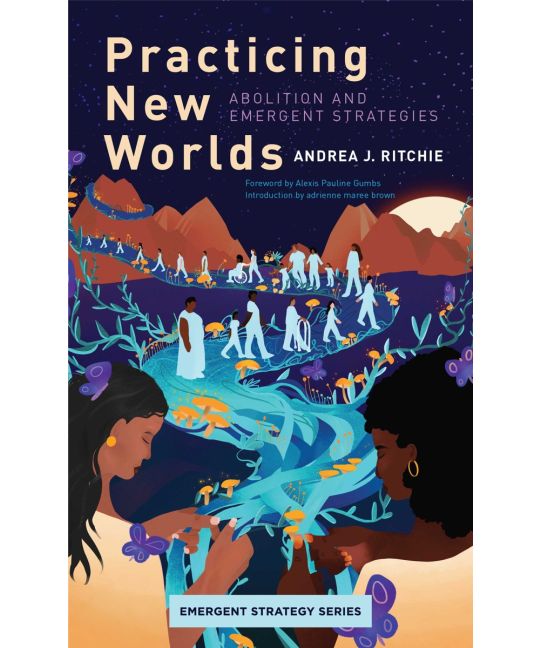Autonomy is in our hearts
£12.50
Zapatista Autonomous Government through the Lens of the Tsotsil Language
Description
Following the Zapatista uprising on New Year’s Day 1994, the EZLN communities of Chiapas began the slow process of creating a system of autonomous government that would bring their call for freedom, justice, and democracy from word to reality. Autonomy Is in Our Hearts analyzes this long and arduous process on its own terms, using the conceptual language of Tsotsil, a Mayan language indigenous to the highland Zapatista communities of Chiapas.
The words “Freedom,” “Justice,” and “Democracy” emblazoned on the Zapatista flags are only approximations of the aspirations articulated in the six indigenous languages spoken by the Zapatista communities. They are rough translations of concepts such as ichbail ta muk’ or “mutual recognition and respect among equal persons or peoples,” a’mtel or “collective work done for the good of a community” and lekil kuxlejal or “the life that is good for everyone.” Autonomy Is in Our Hearts provides a fresh perspective on the Zapatistas and a deep engagement with the daily realities of Zapatista autonomous government. Simultaneously an exposition of Tsotsil philosophy and a detailed account of Zapatista governance structures, this book is an indispensable commentary on the Zapatista movement of today.
Praise:
“This is a refreshing book. Written with the humility of the learner, or the absence of the arrogant knower, the Zapatista dictum to ‘command obeying’ becomes to ‘know learning.’”
—Marisol de la Cadena, author of Earth Beings: Ecologies of Practice across Andean Worlds
“Autonomy Is in Our Hearts is perhaps the most important book you can read on the Zapatista movement in Chiapas today. It stands out from the rest of the Anglophone literature in that it demonstrates, with great sensitivity, how a dialectic between traditional culture and institutions and emerging revolutionary and regenerative forces can play a crucial role in liberatory social transformation. It shows us what we can learn from the indigenous people of Chiapas about a politics of community, care, and mutual aid, and—to use a word that they themselves use so much—about a politics of heart. A great strength of the work is that the author is a very good listener. He allows the people of Chiapas to tell their own story largely in their own words, and with their own distinctive voice.”
—John P. Clark, from the Foreword
“Autonomy Is in Our Hearts takes us step by step through the first two grades of the Zapatistas’ international primary school in politics called the escuelita, and carefully describes the ongoing revolution of everyday life in the autonomous municipalities of Chiapas. Most importantly, this book studies the Zapatistas in their own language. In the syntax and semantics of precolonial languages are encoded the seeds and harvest of a post-capitalist present and future. If, as the Zapatistas say, ‘the word is our weapon,’ then this book is a glimpse into an armory for decolonization.”
—Quincy Saul, coeditor of Maroon the Implacable and member of the East Coast Chiapas Solidarity Committee
About the Contributors:
Dylan Eldredge Fitzwater has encountered the Zapatistas as a human rights observer, a participant in several international gatherings, and as a student at the Zapatista language school in Oventik. He currently lives in Portland, OR, and works at Burgerville, a regional Oregon fast-food chain, where he is an organizer for the Burgerville Workers Union, an affiliate of the Industrial Workers of the World.
John P. Clark is an eco-communitarian anarchist theorist and activist. He lives and works in New Orleans, where his family has been for twelve generations. He is Director of La Terre Institute for Community and Ecology, which is located on Bayou La Terre, in the forest of coastal Mississippi. He is the author or editor of fourteen books, most recently The Tragedy of Common Sense. He writes a column, “Imagined Ecologies,” for the journal Capitalism Nature Socialism, and edits the cyberjournal Psychic Swamp: The Surregional Review. He was formerly Curtin Distinguished Professor of Philosophy at Loyola University.
Product Details:
Author: Dylan Eldredge Fitzwater • Foreword: John P. Clark
Publisher: PM Press / Kairos
ISBN: 978-1-62963-580-4
Published: 02/01/2019
Format: Paperback
Size: 6×9
Page count: 224
Subjects: Politics-Activism / Latin America / Linguistics
Additional information
| Weight | 0.275000 kg |
|---|





